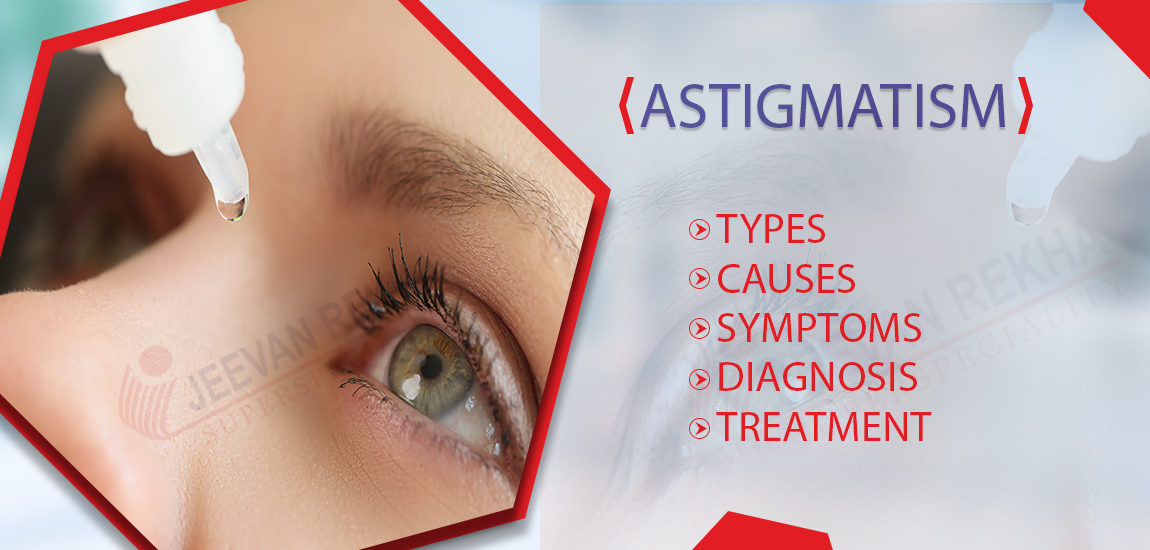
- By Jrsh Admin
- In Health and Tips,
- Posted December 27, 2024
Testicular Health: Essential Facts and Care Tips for Men
Overview
Testicular health is an aspect of the overall well-being of men, often neglected. The testicles are essential parts of the male reproductive system; they produce sperm and testosterone, which are vital for fertility and masculinity.
A regular self-examination, therefore, would help a man know changes in size, shape, or texture that could indicate testicular cancer, cysts, or infections. Testicular cancer is infrequent but most common to younger men aged 15 to 35 years and quite treatable if diagnosed earlier.
Good testicular health is achieved by wearing protective clothing when engaging in exercise, avoiding prolonged exposure to heat, and living an active healthy lifestyle with adequate nutrition and regular exercise.
Medical attention should be promptly sought if any unusual lump, pain, or swelling is experienced. Men can proactively ensure that their reproductive and hormonal health remains at an optimal level throughout their lives by prioritizing testicular health.
Why Is Testicular Health Important?
Testicular health is important because the testicles play a central role in male reproductive and hormonal functions.
They are responsible for producing sperm, which is essential for reproduction, and testosterone, the hormone that regulates male characteristics such as muscle mass, voice depth, libido, and overall energy levels. Maintaining testicular health is vital for fertility and sexual health, as well as for preventing and managing potential medical conditions.
Diseases, including testicular cancer, infection, or hormonal imbalance can have devastating effects on the physical and emotional well-being of a man if it's not addressed.
Early identification of abnormalities, such as lumps, swelling, or pain can mean a time and effective treatment that prevents health risks. Moreover, testicular health is considered part of overall wellness since it encourages a healthier lifestyle and a better quality of life. Regular self-check and advice from health care providers can be very simple yet a powerful act to ensure good testicular health.
You can read also:- Comprehensive Guide to Ear, Nose, and Throat (ENT) Infections
Key Facts About Testicular Health
Here are some key facts about testicular health:
- Testicular Cancer: It is the most common cancer in young men aged 15-35 but is highly treatable, especially when detected early. Regular self-exams can help identify abnormalities like lumps or swelling.
- Role of Testicles: The testicles produce sperm and testosterone, which are essential for reproduction and male hormonal balance.
- Common Conditions: In addition to cancer, testicular conditions include varicoceles (enlarged veins), hydroceles (fluid build-up), infections, and testicular torsion (a twisting of the testicle, which is a medical emergency).
- Self-Exams: It is highly recommended to do monthly self-examinations to identify any unusual changes in size, shape, or texture.
- Lifestyle Factors: Prolonged exposure to heat, such as from a hot tub or a laptop on the lap, tight clothing, or injury, can affect testicular health.
- Infertility: Testicular health is very closely related to male fertility. Low sperm count or motility often stems from testicular problems.
- Hormonal Health: Healthy testicles help to maintain normal testosterone levels, which impacts energy, mood, and physical attributes such as muscle mass.
- Symptoms to Watch For: Pain, lumps, swelling, heaviness, or changes in the scrotum's appearance are symptoms to seek medical attention right away.
You can read also:- Neuroendocrine Tumors: Types, Symptoms, Risk Factors & Treatment
Essential Testicular Care Tips for Men
Here are some testicular care tips that are a must for males to achieve maximum health:
- Regular Self-Examinations: Carry out monthly self-examinations on yourself in checking for lumps, swelling, or any changes in size and texture. It is best performed during or after a warm shower when the scrotum is relaxed.
- Use Supportive Underwear: Wearing loose-fitting comfortable underwear supports the scrotum properly and lessens the chance of injuries caused by impact while doing activities.
- Prevent Injury: Protective gear, such as an athletic cup, can be worn during sports or high-impact activities to prevent trauma to the testicles.
- Avoid Prolonged Heat Exposure: Prolonged heat exposure from hot baths, saunas, or placing laptops directly on the lap can affect sperm production and overall testicular health.
- Maintain a Healthy Lifestyle: Eat a balanced diet rich in fruits, vegetables, whole grains, and lean proteins. Regular exercise and abstinence from smoking or overconsumption of alcohol promotes testicular health.
- Report to the Doctor: Take note of unusual symptoms that may include pain, swelling, lumps, or even changes in the scrotum and seek medical advice.
- Practice Safe Sex: Use protection during sexual activity to reduce the risk of sexually transmitted infections (STIs), which can affect testicular health.
- Stay Hydrated: Hydration helps in general body functions, including reproductive health.
- Be Aware of Family History: If you have a family history of testicular cancer or related conditions, discuss it with your doctor and schedule regular check-ups.
- Schedule Regular Check-Ups: Even if you feel healthy, routine medical exams can help detect potential problems early.
Conclusion
We emphasize testicular health at Jeevan Rekha Hospital, Jaipur, as a vital component of men's health. We encourage men to perform regular self-examinations, visit doctors at the right time, and maintain a healthy lifestyle to empower them to identify and treat potential issues in the early stages.
Our team of skilled healthcare professionals is dedicated to providing all-round care and support for every aspect of men's reproductive health. Remember, the best cure for tomorrow could be preventive measures today. Trust Jeevan Rekha Hospital to be your partner for a brighter, healthier life.
Tags
Blog Search
Latest Posts
-
Dark Circles Under The Eyes: Causes, Home Remedies and Treatments
December 21, 2025 -
बर्ड फ्लू के लक्षण, कारण, उपचार और बचाव के उपाय जानें
December 04, 2025 -
Best Diet Plan for Menopause Weight Management
November 25, 2025 -
Pulmonary Fibrosis Treatment: Understanding Lung Scarring and Breathing Problems
November 21, 2025 -
Arrhythmia: Types, Causes, Symptoms, and Treatment
November 07, 2025




